I spent a few days in October 2020 at Kosovo’s Theatre Showcase in Pristina, the country’s capital. The country is like a dog straining at its lead—eager to explore the world and make friends since it gained independence in 2008 after a costly war with Russian-influenced Serbia, but held back by five European Union (EU) member states whose refusal to recognize its independence means it is struggling to join the Union. Kosovo is also a small country, so, despite its long alliance with the United States, it keenly feels its vulnerability and aloneness on the world stage. Its ex-president, Hashim Thaçi, resigned on 5 November to face war crimes and crimes against humanity charges in the Hague for his time as a guerrilla leader during Kosovo’s fight for independence. The country is also tired of the perpetual stereotypes leveled against it, and where better to understand this, and the country’s blossoming journey to independence, than through its theatre sector, which, despite being beleaguered, is pushing boundaries and asking challenging questions?
But not being in the EU of course makes things like tours and cultural exchange harder and more costly to organize: Kosovar theatremakers, such as those I visited, struggle to bring in international artists to showcase work and face difficulties exporting their own productions (getting visas can be an issue). The country’s theatre sector exists in three strands: the independent sector, which finds funds privately or by applying for government funding; the city theatres, which are run and funded by local city councils; and Teatri Kombëtar, the country’s national theatre in Pristina, entirely controlled and funded by the state.
The existence of Kosovo’s independent theatre sector is precarious. The country has only one independent venue at Teatri ODA, located in Pristina. Independent theatre artists often find they have to collaborate internationally and make use of grants from Creative Europe or the European Cultural Foundation. There is a struggle for space; only recently Qendra Multimedia, the independent company run by playwright Jeton Neziraj and the organizers of the showcase, had to move in with Teatri ODA after losing their own office in Pristina’s city center because the municipality failed to accommodate their needs for a performing venue. This has put massive pressure on ODA’s already limited resources and performance space (which doubles as a rehearsal room).

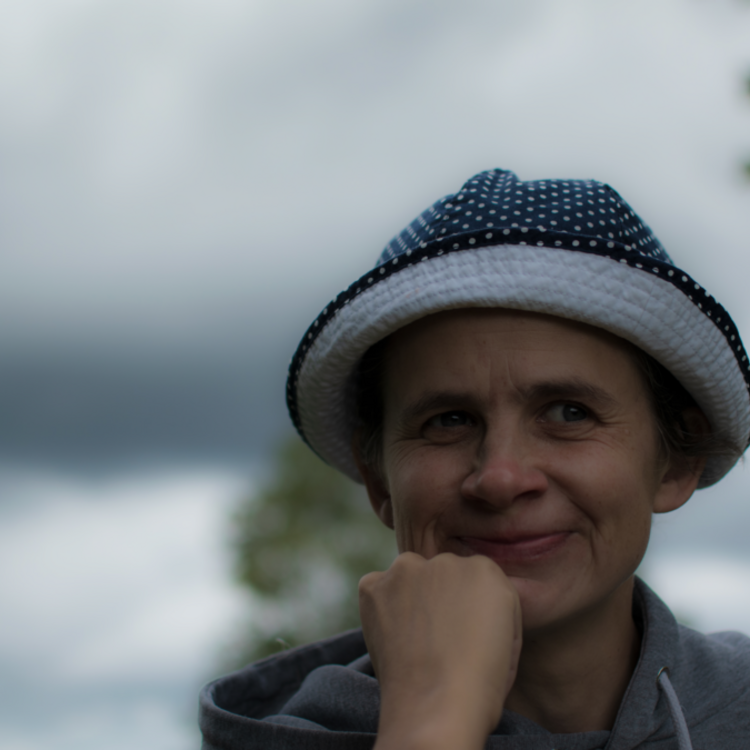
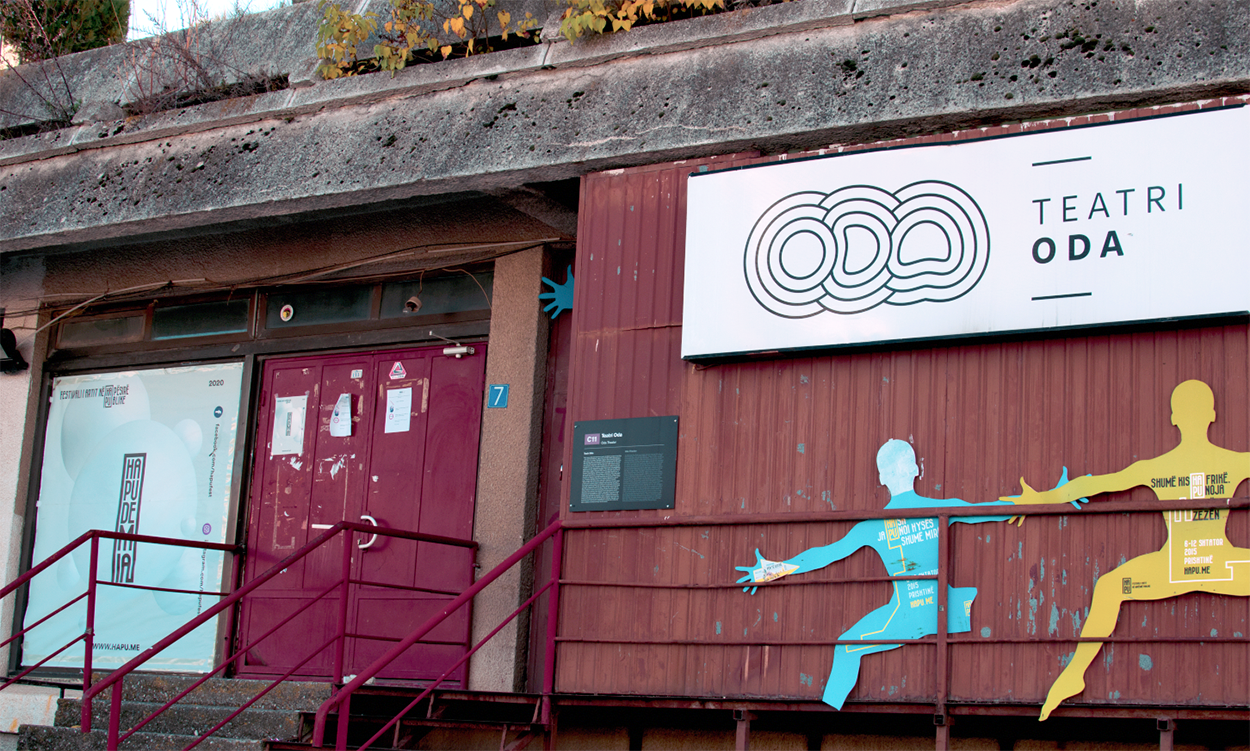
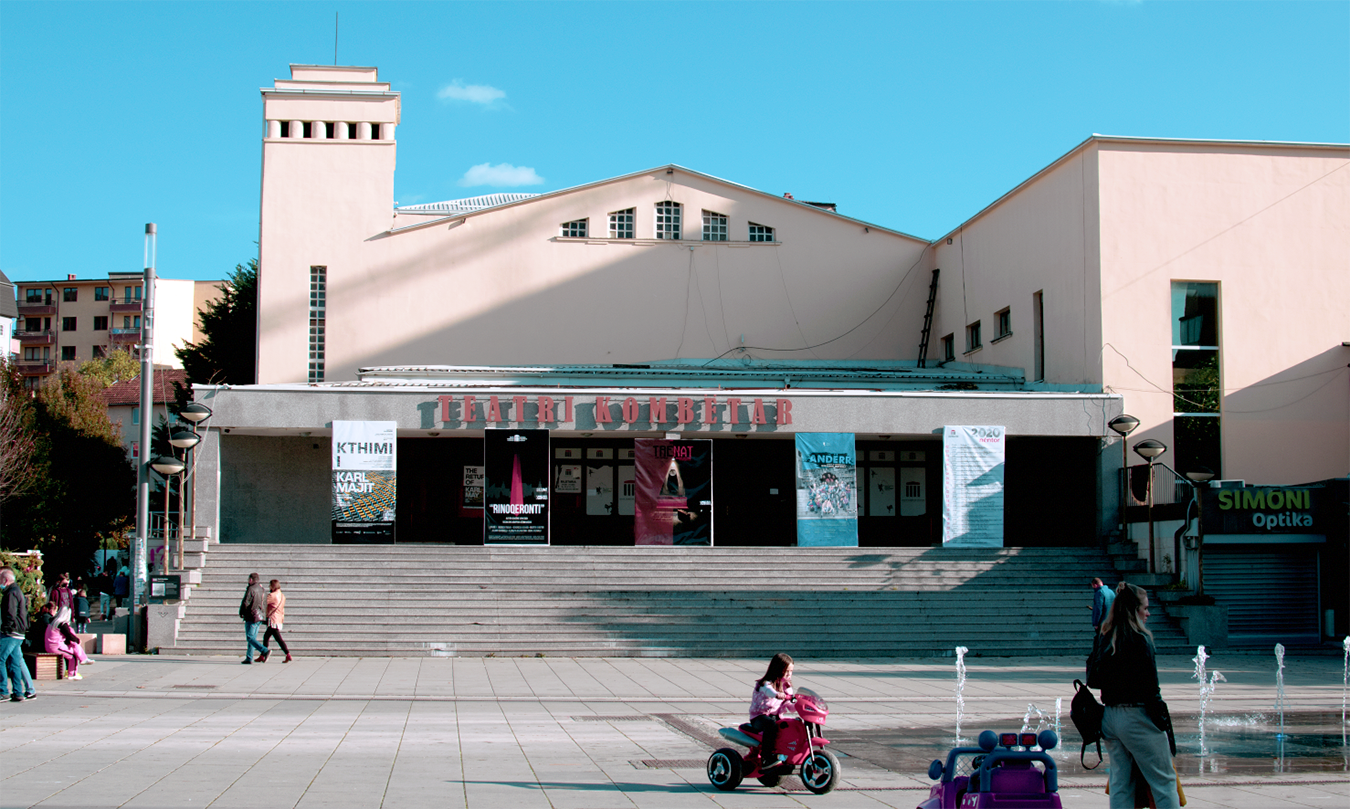
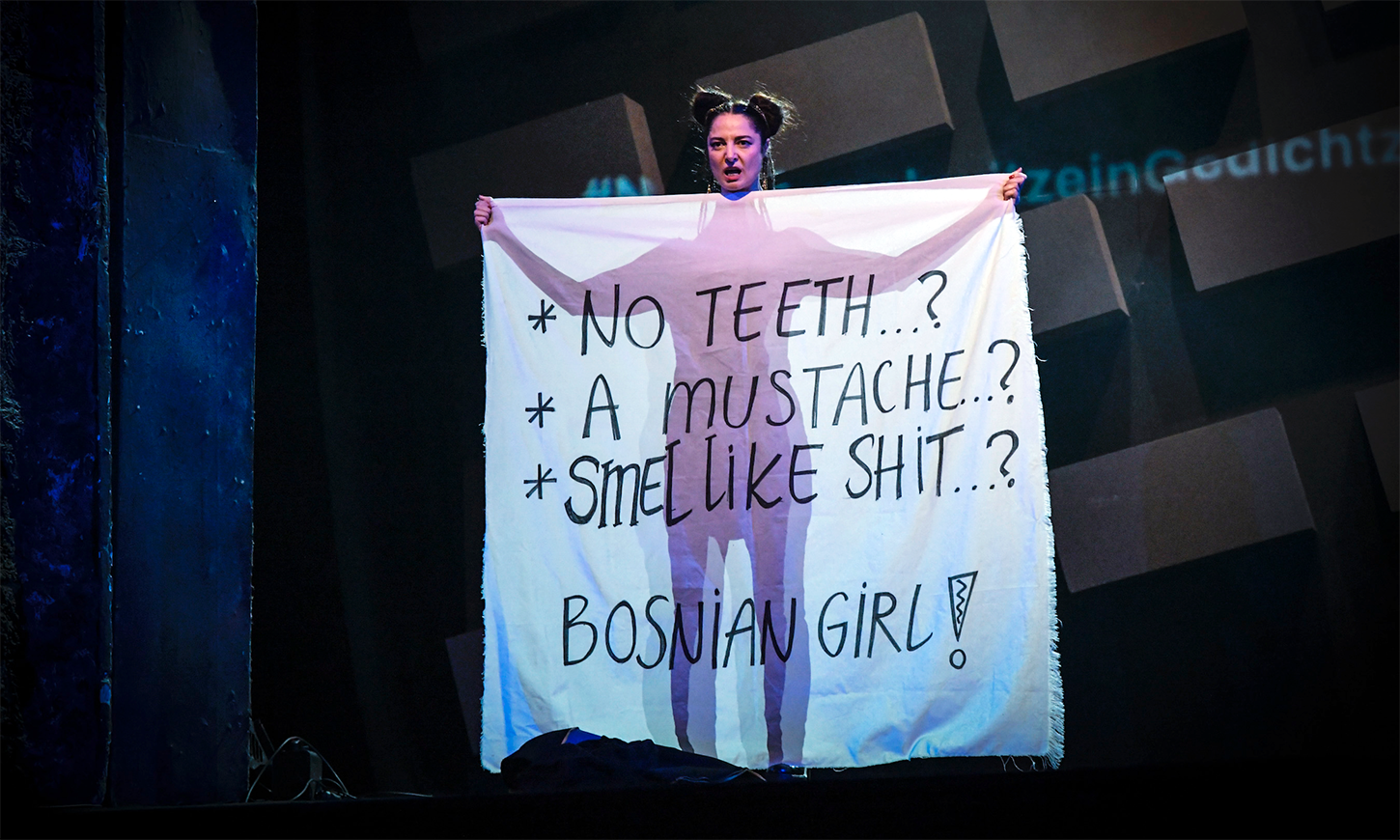
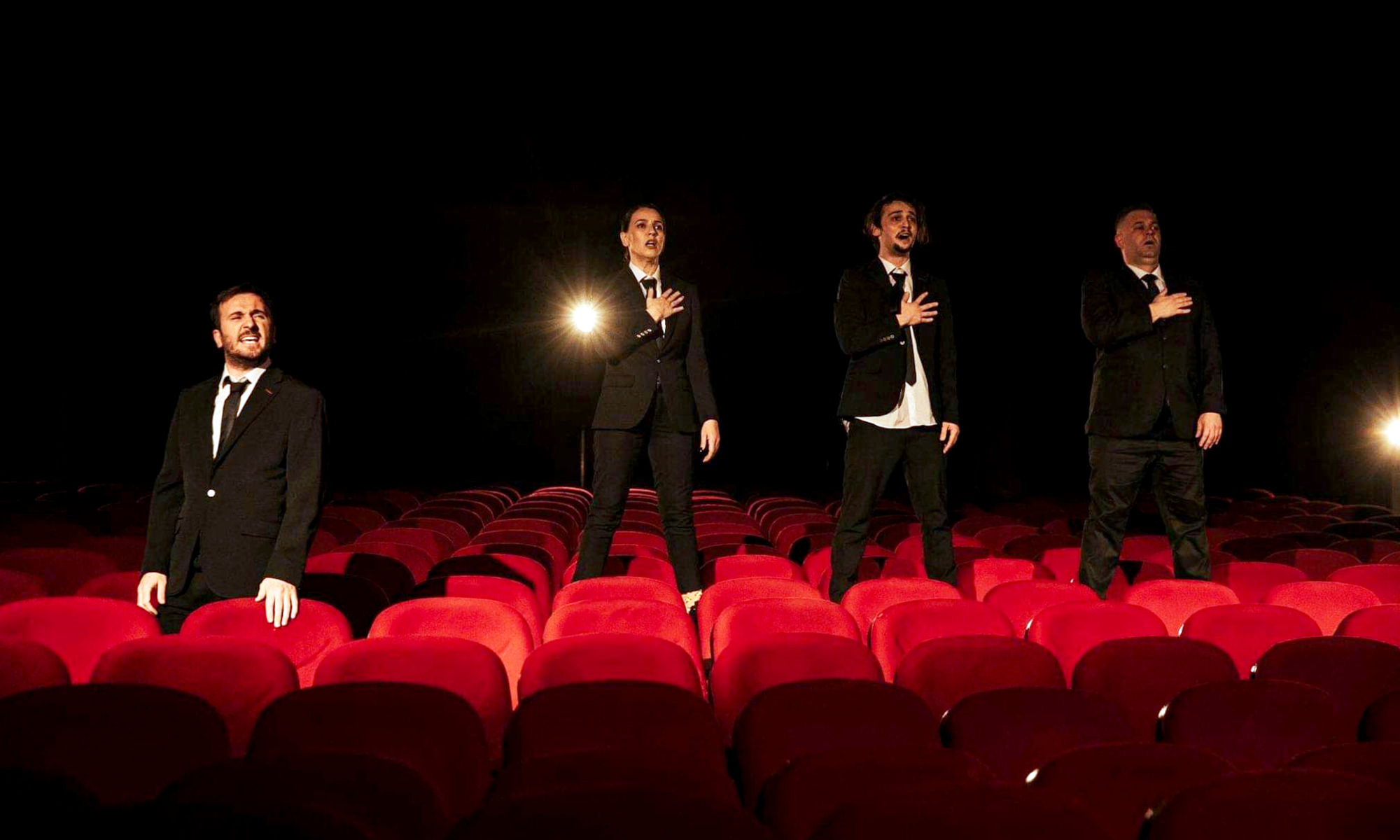


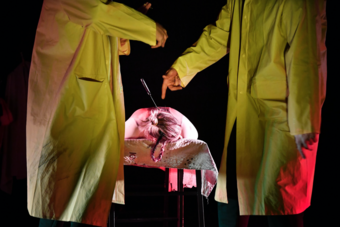





Comments
The article is just the start of the conversation—we want to know what you think about this subject, too! HowlRound is a space for knowledge-sharing, and we welcome spirited, thoughtful, and on-topic dialogue. Find our full comments policy here